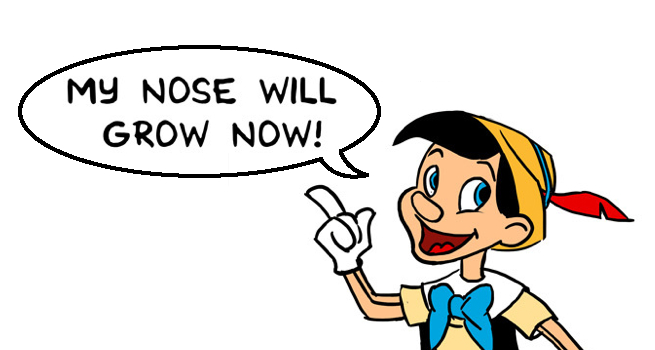I recently read Dan Brown's Inferno, my first Dan Brown book because I completely missed out on that whole DaVinci Code thing. Far too many people were talking about it and I was one of those really annoying people who wouldn't read a book if too many people hyped it, and then I saw the movie so what's the point anymore?
 |
| omg like, so many people are reading this book, and I'm just. like. that's just so pedestrian. |
One of the things that really surprised me about Dan Brown's writing is that his chapters were really short, about 3-4 pages on average. That's about a third of the length of usual chapters, and in some books I read, chapters can go on so the the entire 350 page book only has 4 of them.
It's a stylistic choice, I know, but what I am wondering is how effective this choice is. Inferno was, as I suspect most of Dan Brown's book are, an action/mystery novel. There are chase scenes, shootouts, fast cars driven badly. And a common technique in ramping up that tension is in keeping the ideas short.
This can be seen not only in the chapter length, but in the sentence length as well. Shorter, faster, creates more tension. Thoughts are clipped, to turn the page faster. Eyes scan, searching for the truth. The words rush past. Fingers on the next page, ready to flip, ready to tear through chapters. Its ramping up, towards something. It's coming closer and sweat falls, heartbeat racing. And then there's a cliffhanger.
 |
| You want to kill me, don't you, Tucker? Well, get a number and get in line. |
And the next chapter starts.
 |
| "Your soul smells like tuna and mice parts." |
That's right--it's a &%$#@ cat. It's always a &%$#@ cat.
This is a cheap thrill, a bad reason to make us flip the page. But then, there we are, on the next page, and the author has probably already thrown us into another cliché, like having the main character muse on the premature death of his father, or cleaning a series of guns that are planning to be used in a plot that hasn't been fully explained yet.
The author can always get us to flip the page, can always come up with some bit of tension that makes us want to know what will happen next. But when we're done, do we feel satisfied? Do we set that book down and say to our friends, "this was a good book. This made me think. This made me care about the characters. I'll remember this book."
On the other hand, longer, more rambling sentences and chapters allow the reader to indulge in deeper thought, a more closely inspected plot, the introspective character, the complex theme. These also run the risk of getting monotonous, laboring over ideas that have already been proven, already been vetted within the text of the book, or confusing the reader with innane details of subplot or setting, causing him or her to return to the top of the page to figure out just where the author was going with this idea.
The answer is in balance. Cliffhangers are an excellent technique when something is actually at stake. We have to stop trying to trick our reader and start trying to entertain, to delight, to teach. As E.B. White said, "No one can write decently who is distrustful of the reader's intelligence, or whose attitude is patronizing." We have to assume that our readers will see through cheap tricks.
If you can't recognize what those are, then my next blog post will blow your mind!





















